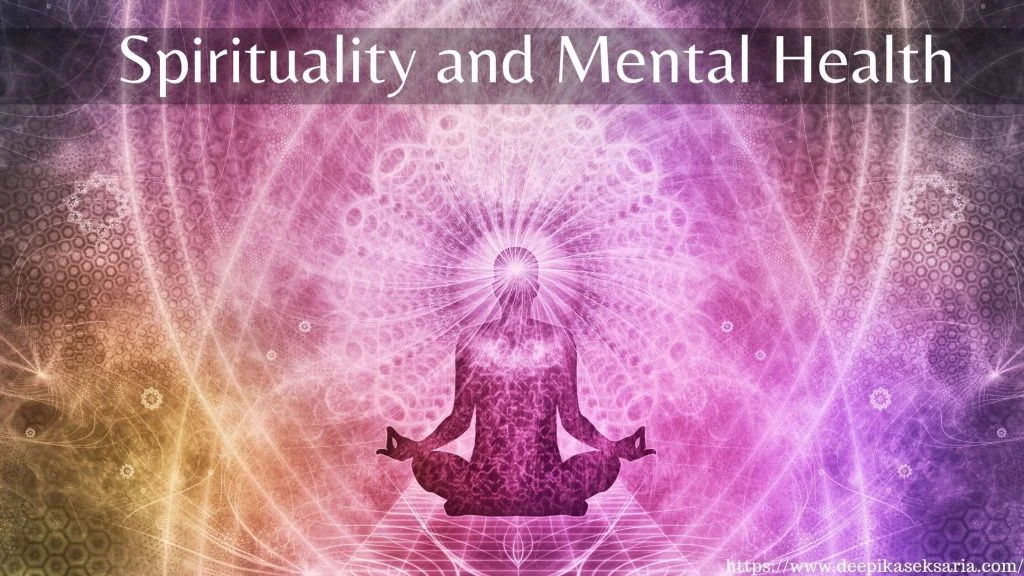Pain is an inescapable aspect of the human experience, often perceived negatively. However, many spiritual traditions and psychological insights suggest that pain can serve as a profound catalyst for personal growth and transformation. By understanding and embracing pain, we can unlock deeper truths about ourselves and our place in the universe.Zach Beach+3Anchor of Hope+3markgroves.com+3Brain Wise Mind
Understanding Pain as a Catalyst for Growth
The Bhagavad Gita, a revered spiritual text, teaches that life’s challenges are not mere obstacles but opportunities for transformation. It emphasizes that pain and suffering can lead to self-discovery and resilience. This perspective encourages us to view adversity not as a hindrance but as a pathway to deeper understanding and strength. Timeslife
Similarly, the quote “Pain is the touchstone of all spiritual progress,” often attributed to Bill Wilson, underscores the idea that suffering can drive personal development. Pain prompts reflection and introspection, allowing individuals to reassess their values and beliefs, which is crucial for spiritual growth. Brain Wise Mind+1markgroves.com+1
Psychological Insights on Pain and Suffering
Psychological research supports the notion that pain can lead to personal growth. Studies have shown that shared painful experiences can increase solidarity and cooperation among individuals. For instance, psychologist Brock Bastian’s experiments demonstrated that participants who underwent painful tasks exhibited stronger bonds and acted more cooperatively than those who didn’t experience pain. This suggests that pain intensifies focus and mindfulness, enhancing subsequent experiences and strengthening group loyalty. The New Yorker
Furthermore, the adage “Pain is inevitable; suffering is optional” highlights the distinction between physical pain and the emotional suffering we attach to it. While pain is a universal experience, our interpretation and response to it determine the extent of our suffering. By altering our perception, we can mitigate suffering and harness pain as a tool for growth. Zach Beach+4Psychology Today+4markgroves.com+4
Embracing Pain for Personal Transformation
To utilize pain as a portal for growth, consider the following approaches:
-
Mindfulness and Acceptance: Acknowledge pain without judgment. Mindfulness practices can help in observing pain objectively, reducing its emotional impact.
-
Reflective Journaling: Writing about painful experiences can provide clarity, helping to process emotions and uncover lessons embedded within challenges.
-
Seeking Support: Engaging with supportive communities or seeking professional guidance can offer new perspectives and coping strategies.
-
Reframing Perspectives: Viewing pain as an opportunity rather than a setback can shift the narrative from victimhood to empowerment.YouTube+5Timeslife+5Zach Beach+5
Conclusion
Pain, while often unwelcome, holds the potential to be a transformative force in our lives. By embracing and understanding our suffering, we open ourselves to profound personal growth and deeper spiritual insights. Recognizing pain as a portal allows us to navigate life’s challenges with resilience and wisdom.
For further exploration of spiritual growth and healing, visit Deepika Seksaria’s blog.
References:










